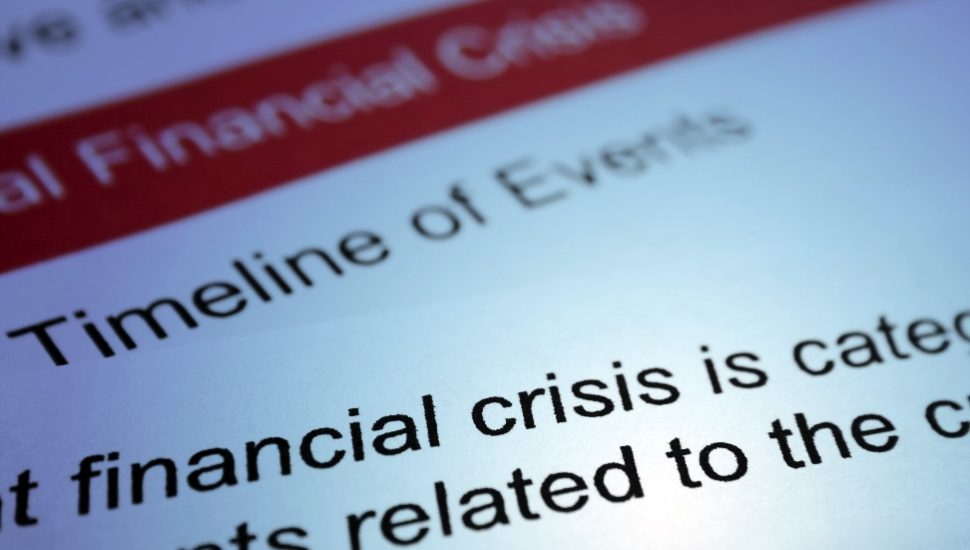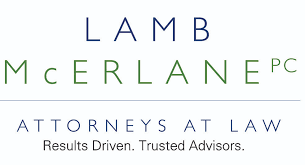Coverage of Business Losses Incurred During Covid-19 Under Business Owners’ Policies

 By Joseph R. Podraza, Jr. & William H. Trask
By Joseph R. Podraza, Jr. & William H. Trask
As businesses nationwide grapple with the sudden, unprecedented disruption brought about by COVID-19, businesses are naturally looking to their insurers for a lifeline. The questions become whether, and to what extent, their policies might cover some part of the staggering business losses being incurred as a result of the spread of the virus and the mandatory shutdowns that have trailed in its wake. Several state legislatures are considering proactive measures to protect businesses and broaden coverage; however, even without this legislation, some insureds have argued that business losses and interruptions occasioned by the coronavirus should already constitute a “Covered Cause of Loss” for which the common “virus or bacteria” exclusion does not apply.
Most businesses carry Commercial Property Insurance, while many also carry the separate Business Income Coverage form, adding coverage under certain circumstances for lost business income, contingent business interruption losses, and losses due to disruptive actions by civil authorities. The Business Income Coverage Form covers business income losses incurred as a result of the suspension of operations due to a “Covered Cause of Loss” resulting in direct physical loss of the covered property. Commonly, this provision would cover anticipated business income lost during the period of time following, for example, a fire while that damage is repaired and until operations are restored.
In the current atmosphere, state and local governments are imposing mandatory shutdowns of all nonessential business operations in an effort to slow the spread of the coronavirus, whether or not evidence of the virus is discovered on the covered premises. And similar mandates from the federal government seem increasingly likely as reported cases increase. The question to consider in the wake of these regulatory closures is whether the compulsory suspension of your business due either to the presence of virus or to efforts to mitigate its spread constitutes a “Covered Cause of Loss” resulting in the loss of or damage to covered property. Some have argued that there is persuasive precedent to suggest that a viral contamination should constitute a covered loss. For example, courts have previously deemed the presence of asbestos on the premises or fumes from underground, off-premises gasoline contamination constitute covered property damage despite no evidence of physical damage to the covered property itself. Other courts have found that a covered loss included situations which merely rendered the insured property unsafe or uninhabitable, even when the covered property admittedly lacked structural or other physical damage. Still other courts have held that the loss of use, access, and functionality were enough to constitute a covered claim. These decisions focus on loss of use of – rather than physical damage to – the insured premises to establish a covered claim.
Today, many policies include an express exclusion for loss or damage caused by a virus or bacteria. When faced with this exclusion, special consideration must be paid to whether the claimed loss resulted from the presence of the virus or from the efforts by the regulatory authorities to mitigate its spread. And even in cases where the virus is found to be the direct cause of loss, several states have undertaken efforts to avoid the effects of these exclusions, proposing legislation that effectively supersedes these exclusions to preserve coverage for the business losses incurred, even as a direct result of the coronavirus. For example, New Jersey is currently considering a bill that would require the insurers of certain businesses to provide business interruption coverage for losses associated with the coronavirus irrespective of the virus exclusion. While this legislation will undoubtedly be challenged on constitutional grounds, more states may follow New Jersey’s lead.
In sum, it may be worth filing a claim to determine whether your business insurance policy covers losses and damages incurred during this pandemic. Whether coverage exists depends on the specific coverage your business purchased, the existence of any exclusions such as the virus exclusion, and, most importantly, the specific nature of your business and the circumstances of your loss. Make sure whomever you retain to review and assess your coverage performs a thorough analysis of the terms and conditions of your policy based on your unique circumstances.
For further information about business losses incurred during Covid-19 or other questions, contact Lamb McErlane PC. www.lambmcerlane.com.
________
Joseph R. Podraza, Jr. is a partner at Lamb McErlane PC and practices in the specialties of complex civil litigation, commercial litigation, healthcare litigation, defamation law, insurance coverage litigation, and malicious prosecution litigation. jpodraza@lambmcerlane.com. 215-609-3170.
William H. Trask is an associate in Lamb McErlane’s litigation group. His practice is concentrated in the areas of complex civil litigation, commercial litigation and defamation, representing individuals as well as local, national and international businesses in a wide array of contract and tort disputes. wtrask@lambmcerlane.com. 215-609-3148.
Connect With Your Community
Subscribe to stay informed!
"*" indicates required fields



![95000-1023_ACJ_BannerAd[1]](https://vista.today/wp-content/uploads/2023/03/95000-1023_ACJ_BannerAd1.jpg)












































